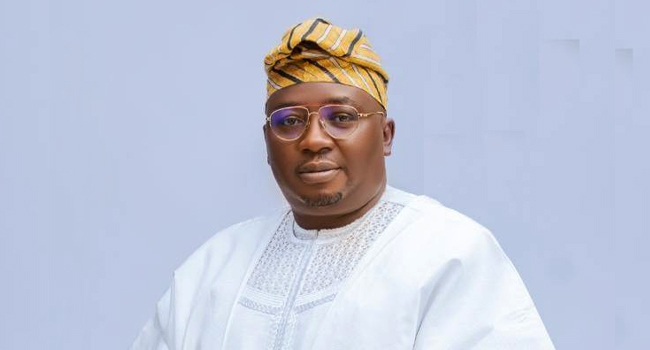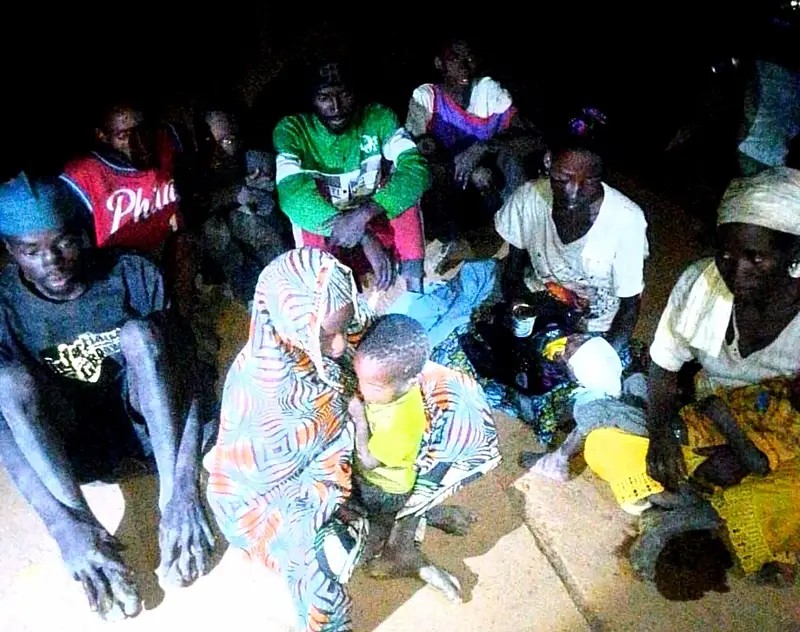A former Nigerian presidential candidate, Gbenga Olawepo-Hashim, has alleged that the All Progressives Congress (APC) is behind recent allegations against him, which he claims are part of a smear campaign to tarnish his reputation ahead of the 2027 general elections. In a statement released on Thursday, Olawepo-Hashim, a one-time National Publicity Secretary of the Peoples Democratic Party (PDP), stated that the resurfacing claims in the media were sponsored by political actors seeking to undermine his growing influence.
According to Olawepo-Hashim, this is not the first time he has faced such allegations. During his 2019 presidential bid, he claimed that certain elements around the Buhari administration attempted to implicate him in false accusations. He alleged that his estranged wife was recruited by elements around Buhari in the UK High Commission and the Nigerian Intelligence Agency (NIA) to frame him for funding terrorism. Olawepo-Hashim said he was questioned in the UK but released when no evidence was found.
The former presidential candidate described the latest allegations as a broader effort to damage his reputation. He emphasized that similar tactics were employed during his previous presidential bid, suggesting a pattern of targeted smears. Olawepo-Hashim’s allegations come as Nigeria prepares for the 2027 general elections, with various political parties and candidates already gearing up for the polls.
The APC has not commented on Olawepo-Hashim’s allegations, and it remains to be seen how the situation will unfold. As the electoral season approaches, Nigerian voters will be watching closely to see how political parties and candidates conduct themselves. The use of smear campaigns and allegations of political interference can have significant implications for the electoral process and the country’s democratic institutions.
Olawepo-Hashim’s claims highlight the need for transparency and accountability in Nigerian politics. As the country moves towards the 2027 elections, it is essential for political parties and candidates to focus on issues-based campaigns rather than resorting to personal attacks and smears. The outcome of these elections will have far-reaching consequences for Nigeria’s future, and it is crucial that the electoral process is free from undue interference and manipulation.



